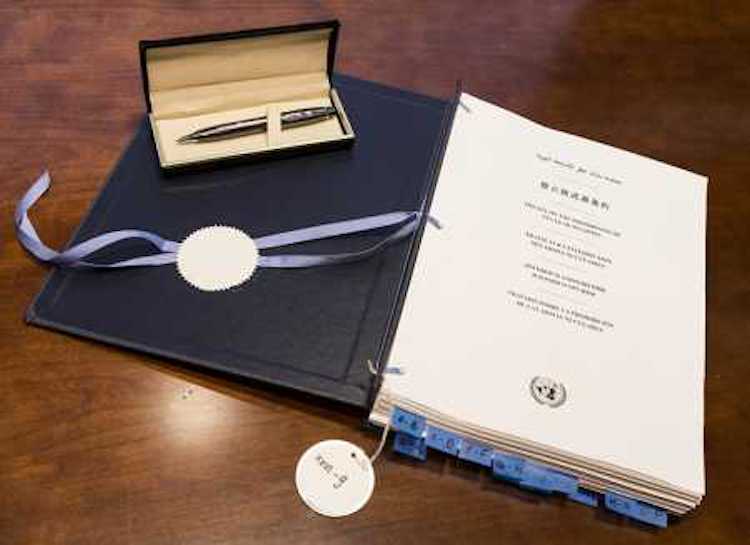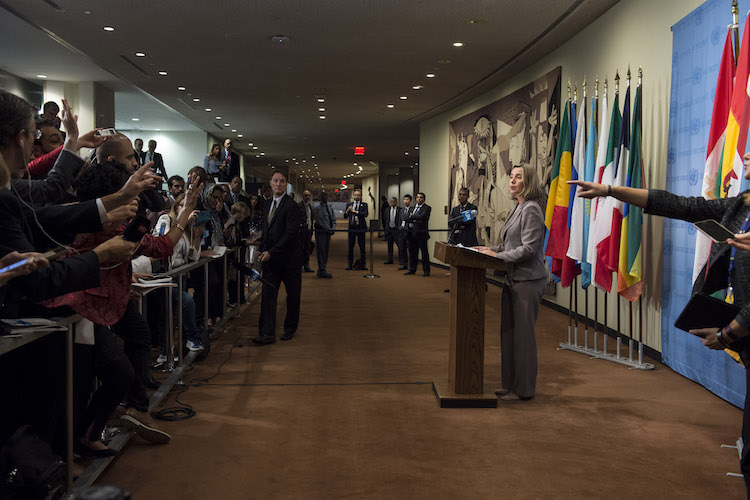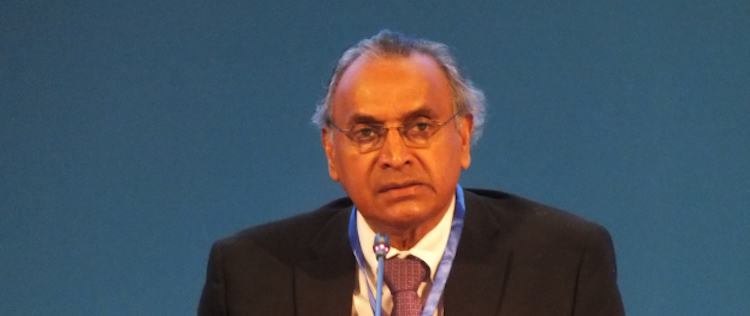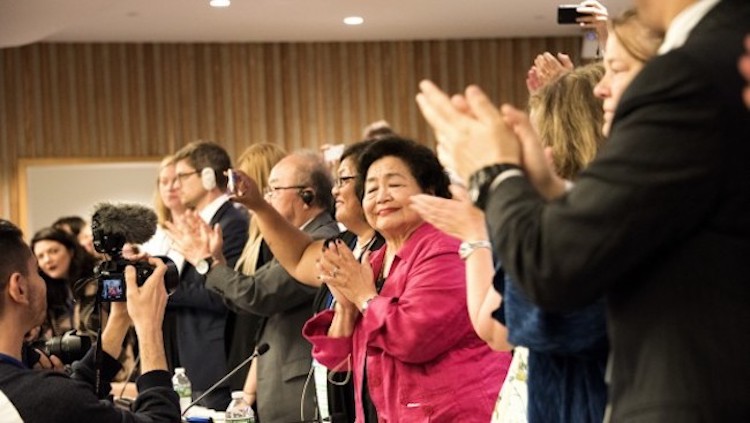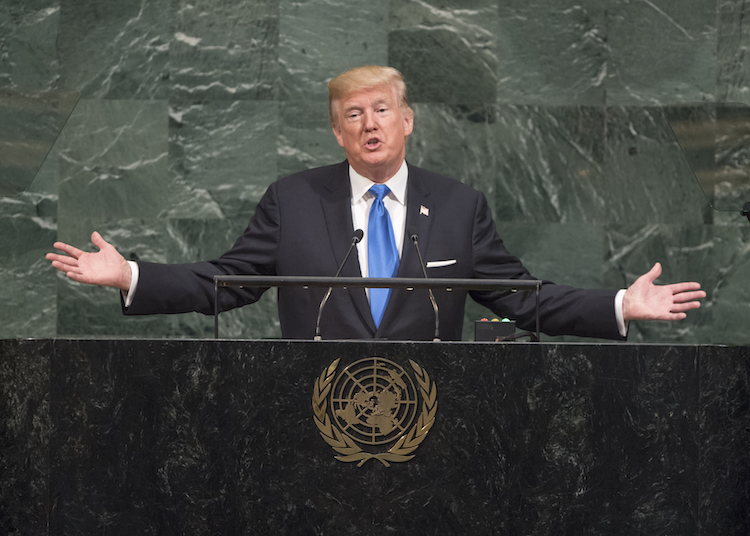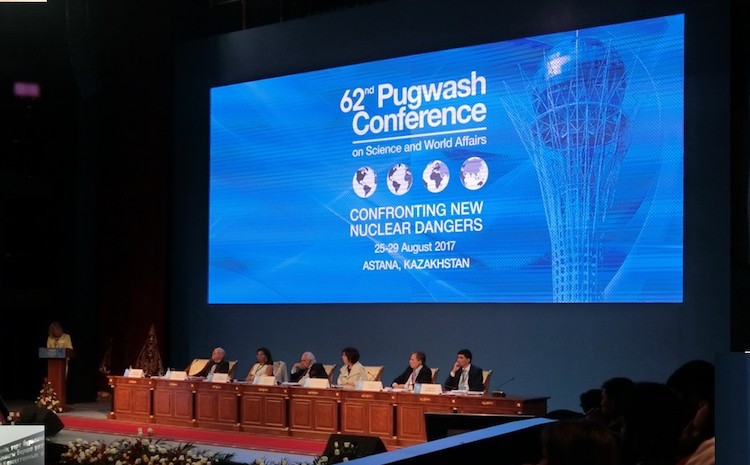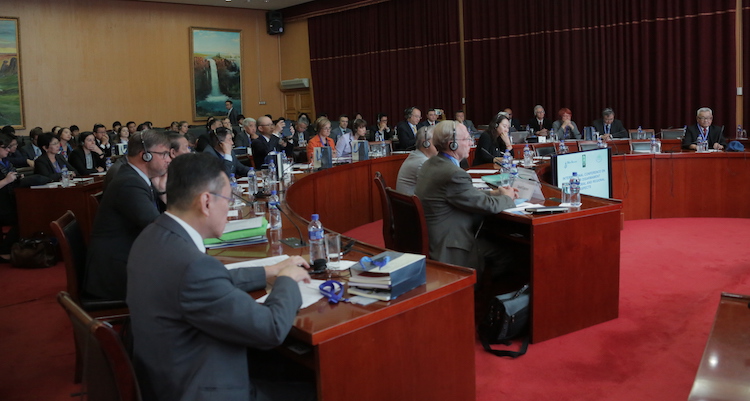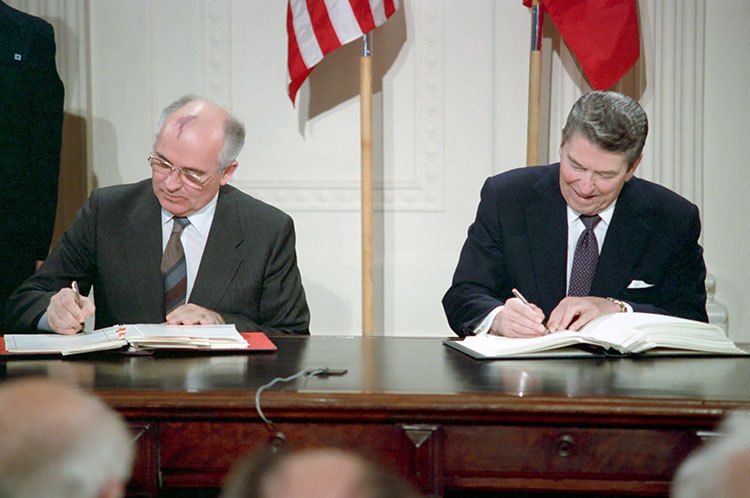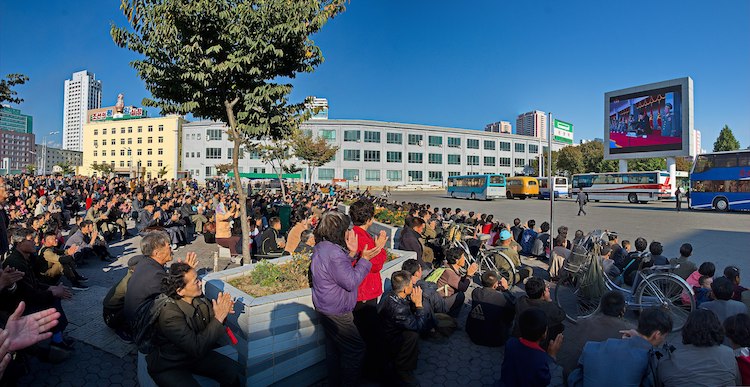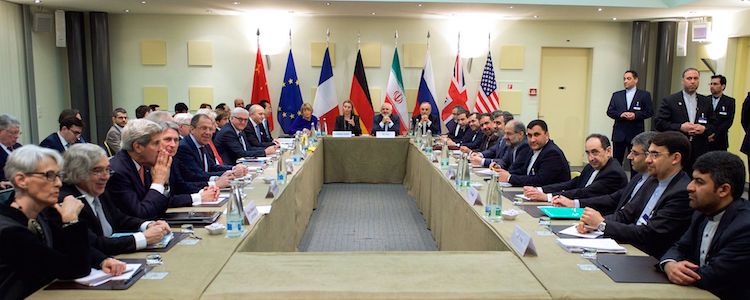By Daryl G. Kimball
Daryl G. Kimball is Executive Director of the Arms Control Association. This article first appeared with the headline ‘Prohibit, Do Not Promote, Nuclear Weapons Use’.
WASHINGTON, D.C. (IDN-INPS) – At an emergency UN Security Council briefing on September 4 following North Korea’s sixth and largest nuclear test explosion, Nikki Haley, U.S. ambassador to the United Nations, lectured Pyongyang’s leaders that “being a nuclear power is not about using those terrible weapons to threaten others. Nuclear powers understand their responsibilities.”
Days later, in his inaugural address to the UN General Assembly on September 19, U.S. President Donald Trump called North Korea’s leader “rocket man” on “a suicide mission.” Trump warned, “We will have no choice but to totally destroy North Korea” if it threatens U.S. allies in the region. North Korea’s foreign minister replied by saying Trump’s insult makes “our rockets’ visit to the entire U.S. mainland inevitable all the more.”

